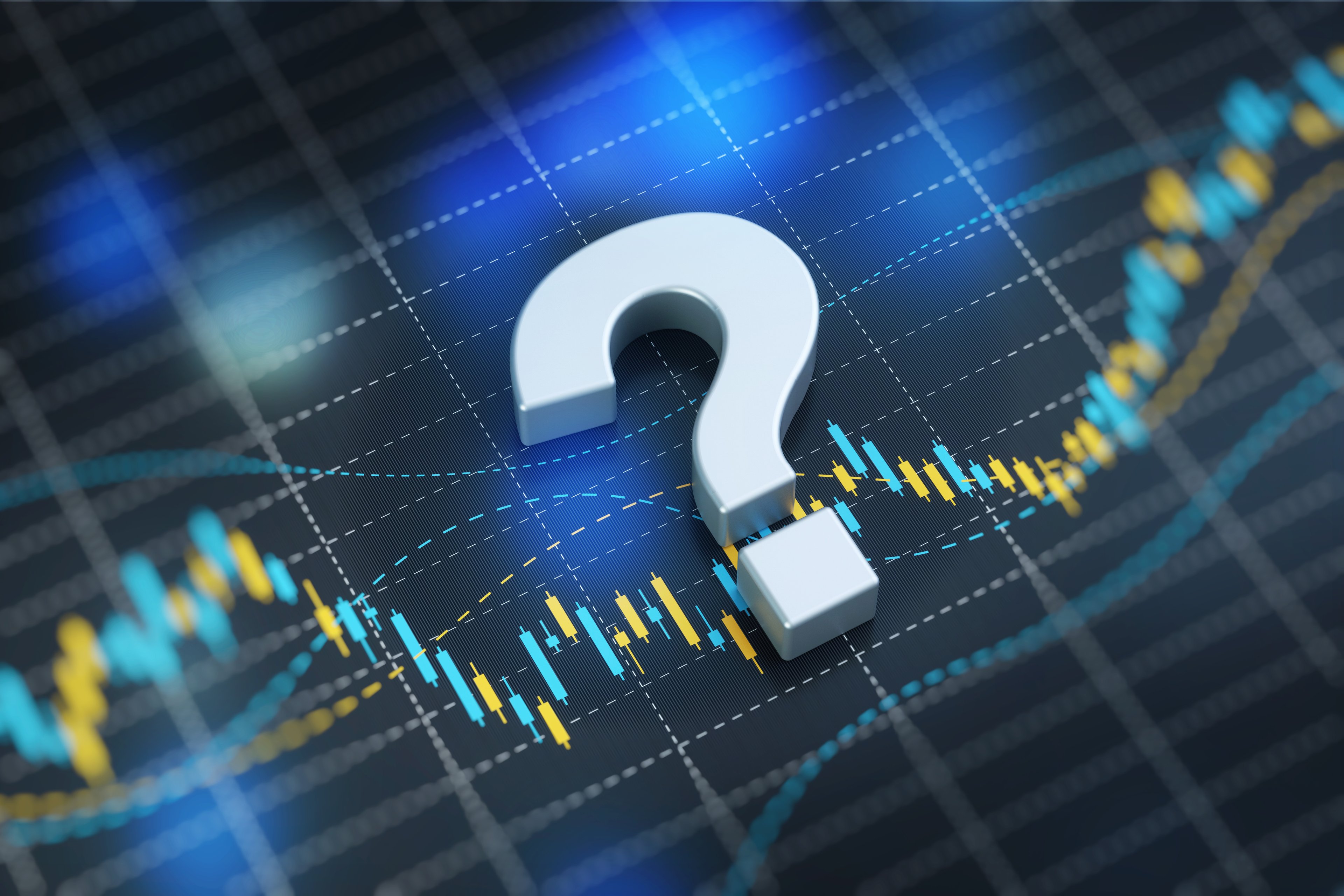Smartphone subsidies could be coming to an end. While prepaid providers have long refused to pay for their subscribers' phones, the practice has begun to spread to the major carriers, with T-Mobile (TMUS +0.94%) abandoning subsidies and AT&T (T 1.17%) hinting that it will do the same.
Apple's (AAPL +0.34%) dependency on carrier subsidies is fairly well established -- in markets where they're available, the iPhone does extremely well; where there are no subsidies, cheaper phones running Google's (GOOG 0.49%) Android dominate. If subsidies go away in the US, demand for iPhones could likewise plummet.
The iPhone doesn't sell like a premium product
As a company, Apple positions itself to sell premium products at premium prices, pocketing a healthy margin in the process. The iPhone is no exception -- at $649, it's an expensive smartphone, and it earns Apple billions (by some estimates, about two-thirds of Apple's profits).
But the iPhone is special: It doesn't sell like Apple's other products. Apple's expensive Macs compose just a fraction of the larger PC market, while its iPad sales have stagnated in the wake of cheaper competition. But not the iPhone -- despite carrying a premium price tag, Apple's smartphone has been able to absolutely dominate some markets, including the US and Japan.
These markets are special in that they are heavily distorted by carrier subsidies. Very few US consumers pay $649 for an iPhone -- instead, they get Apple's best model for just $199 (or free if they're Japanese). This makes the choice very simple -- why accept an inferior phone running Google's Android when you can have Apple's superior iPhone for a hundred dollars more? Since you've signed a contract, and will stuck with the phone for two years, going with Apple's better phone is a no-brainer.
Not the same old Android
But it wouldn't be such a no-brainer if consumers had to pay for the phone themselves. Apple's iPhone may be better than a cheaper Android handset, but is it really $300 better?
Google's own Nexus 5 costs only $350 off-contract, and has received rave reviews. Compared to the Android phones of old, it sports a fast, responsive interface and has access to nearly all of the same apps as Apple's iPhone.
Years ago, subsidizing the iPhone was an easy choice for the carriers: It was the best phone on the market, and nothing else even came close. While it still might be the best phone out there, Google's Android has rapidly closed the gap. Initiatives like Project Butter baked into new versions of Android have made it nearly as fast and responsive as Apple's phones. A few years ago, Apple's iPhone was the better phone and it wasn't even a debate; now it comes down to personal preference.
Carriers are starting to move away from subsidies
T-Mobile was the first of the major smartphone carriers to abandon subsidies, dropping them this year in favor of full retail prices. Consumers can pay for their phone upfront, or pay for it in monthly installments, but either way, they're paying the full price.
This has actually turned out stunningly well for T-Mobile -- the carrier has grown rapidly, far outpacing its rivals. Notably, however, it hasn't sold many iPhones: in its recent quarter, just 21% of the smartphones it sold were made by Apple.
Historically, about 80% of AT&T's smartphone sales are Apple-made handsets, though this could change in the wake of the company's new policy. The recently launched "Mobile Share Value Plan" allows AT&T subscribers to reduce their monthly bill if they use a paid-for handset.
For now, AT&T still offers subsidies, but that could change. The company's CEO said earlier this week that the subsidy model cannot continue -- carriers cannot afford to keep paying for their subscribers' handsets.
iPhone sales could plummet if subsidies go away
If that happens, then it stands to reason that iPhone sales would plummet. Of course, Apple isn't the only handset maker that would suffer -- sales of Samsung's high-end, high-margin Galaxies would also take a hit.
But cheaper handsets powered by Google's Android should flourish. Though they might not be as good as Apple's iPhone, advancements in Android may have made them "good enough."
Most people choose a cheaper Windows PC over a better Mac; they're starting to choose cheaper Android tablets over a better iPad; and if subsidies vanish, they'll choose a cheaper handset over a better iPhone.






